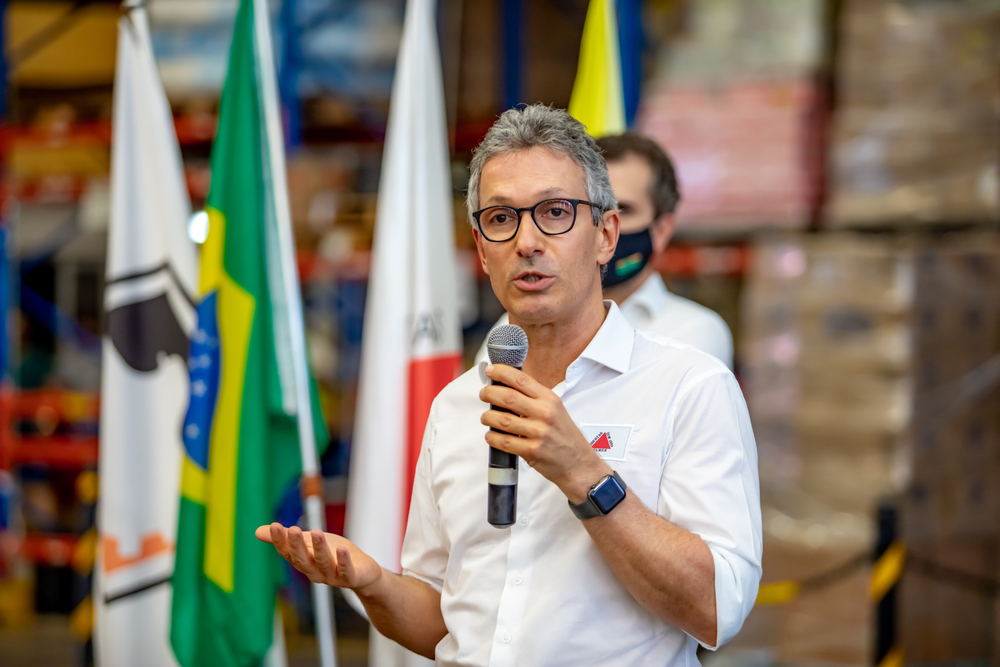Members of different police forces in the state of Minas Gerais — Brazil’s second-most populous — blocked multiple roads in state capital Belo Horizonte today, protesting for better wages and benefits.
Back in 2019, Governor Romeu Zema proposed a multi-year plan to increase wages of police officers and firefighters: 13 percent in 2020, and 12 percent in each of the two following years. His administration, however, vetoed the two subsequent raises — prompting a reaction from police unions who now demand a 24-percent increase to their salaries.
The protest raises fears of a possible police strike. Although illegal, police strikes have become increasingly common in Brazil — amounting to 715 between 1997 and 2017, according to researcher José Vicente Tavares.
To make matters worse, officers benefit from the complacency of lawmakers. Last year, for instance, Minas Gerais state legislative assembly granted amnesty to almost 200 policemen who went on strike in 1997 — a move experts say could fuel future movements.
Besides the obvious concerns about police strikes — usually accompanied by massive spikes in crime — the issue underlies a deeper problem in Brazil’s security apparatus: the increasing politicization of law enforcement has essentially turned administrations into hostages of their public security personnel.
Moreover, political observers fear that President Bolsonaro could try to instrumentalize law enforcement officers to try and stage a power grab should he lose the October election. Additionally, a 2021 survey by Atlas Intel found that 21 percent of police officers are in favor of a military dictatorship in Brazil.


 Search
Search






































